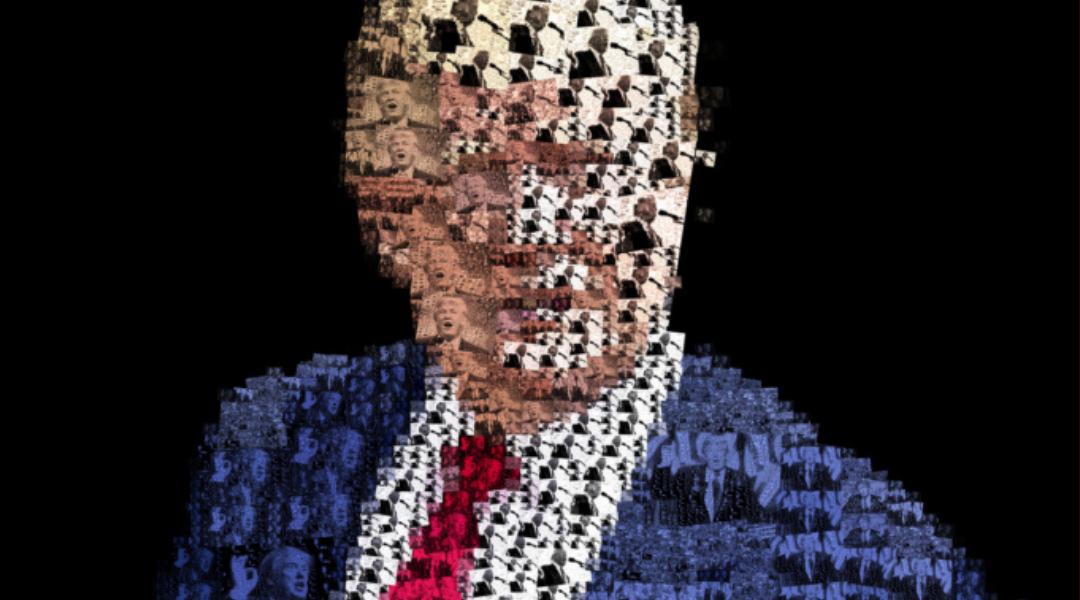Trump’s ‘historic bloc,’ like fascist movements, unifies groups with opposing interests, by Prof. Alfonso Gonzales
Ethnic Studies Prof. Alfonso Gonzales published a Los Angeles Times op/ed entitled, “Trump’s ‘historic bloc,’ like fascist movements, unifies groups with opposing interests.” Excerpt below:
Although the base of the Trumpian bloc is overwhelmingly white and male, 26% of Latinos support Trump over Biden. Many conservative Latinos identify with macho political posturing, pro-2nd Amendment rhetoric, simple law-and-order solutions to complex problems, demonization of the left and disdain for the Black Lives Matter movement.
This bloc, under the “Make America Great Again” banner, requires its supporters — particularly subordinate groups — to accept a degree of cognitive dissonance in submitting to the emotional appeal to a mythical moment of American greatness. For many of the white working class, that moment is before the rise of the civil rights movement, Latino immigration and multiculturalism, the idea that diverse people should have representation and rights in pluralist society.
For right-wing Latinos, this means ignoring both the historical and the contemporary injustices inflicted on their community, such as the lynching of Mexicans by the Texas Rangers in the 1920s, the deportation of at least 1 million Mexicans in the 1950s, the separation of children from their parents at the border or the alleged coerced hysterectomies of Latina migrant women in immigration detention centers now.
The point of the MAGA slogan is to bury history with its deep class and racial disparities and to conceal the crises of our time: savage inequality, climate change, pandemics and racial conflict.
Racism and xenophobia have historically provided the ideological glue that has kept the white working class supporting the most rabid sectors of the capitalist class and from seeing their fate linked with racial others and immigrants. Even during the current economic disaster, it is easier for many working-class whites to identify with the Trumpian bloc, led by a billionaire rooted in the transnational capital class, than to have a sense of solidarity with Latinos or Black people.
Historic blocs of the right emerge precisely at that moment when the left is strong and when the right decides to stop playing by the rules of liberal democracy, the system for resolving conflicts through representative government and respect for individual rights.
Read the full op/ed here. Photo by Oli Goldsmith via CC 2.0
Faculty News
